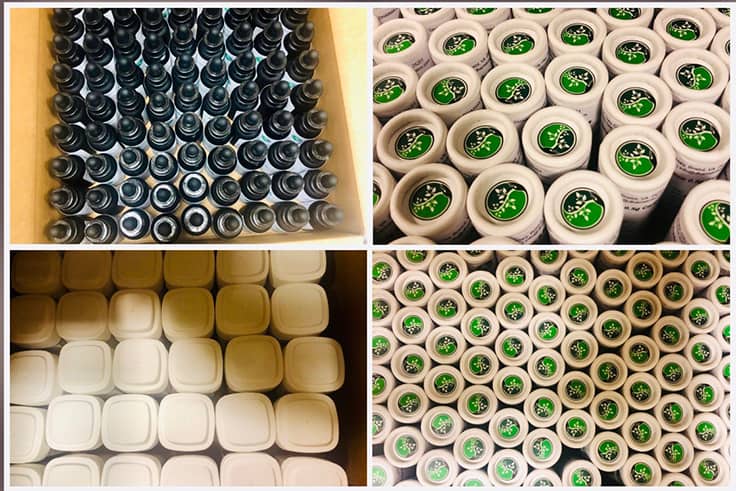CanBreed, an Israeli cannabis genetics seed company, announced this week its acquisition of a 3.5-acre hemp farm in San Diego. The company is part of the Smart-Agro R&D Partnership, a publicly traded firm on the Tel Aviv Stock Exchange.
Construction of new facilities and greenhouses on the San Diego site is expected to begin early in the new year, with CanBreed selling stable genetics into the market by the end of 2021. Initial output, according to the company, is estimated at 12.5 million seeds annually. CanBreed’s goal runs up to 50 million seeds annually.
In September, CanBreed secured a licensing agreement for foundational CRISPR-Cas9 patents held by Corteva Biosciences (MIT) and Broad Institute (Harvard) allowing the company to selectively edit its cannabis plants’ genetic material. In November, the company announced that its genome editing research had led it to a powdery mildew-resistant chemotype.
“We want to be world leaders in using CRISPR technology for cannabis,” CERO Ido Margalit told the Times of Israel after signing the CRISPR-Cas9 agreement. “The idea is to sell stable enhanced cannabis seeds to the entire global market.”
Two years ago, the European Union declared that CRISPR-edited crops are deemed genetically modified organisms (GMOs), making them illegal to sell. In the U.S., however, shortly after the EU decision, the federal government stepped aside to allow for more product innovation in the agricultural space.
“While these crops do not require regulatory oversight, we do have an important role to play in protecting plant health by evaluating products developed using modern biotechnology,” U.S. Agriculture Secretary Sonny Perdue said at the time.









